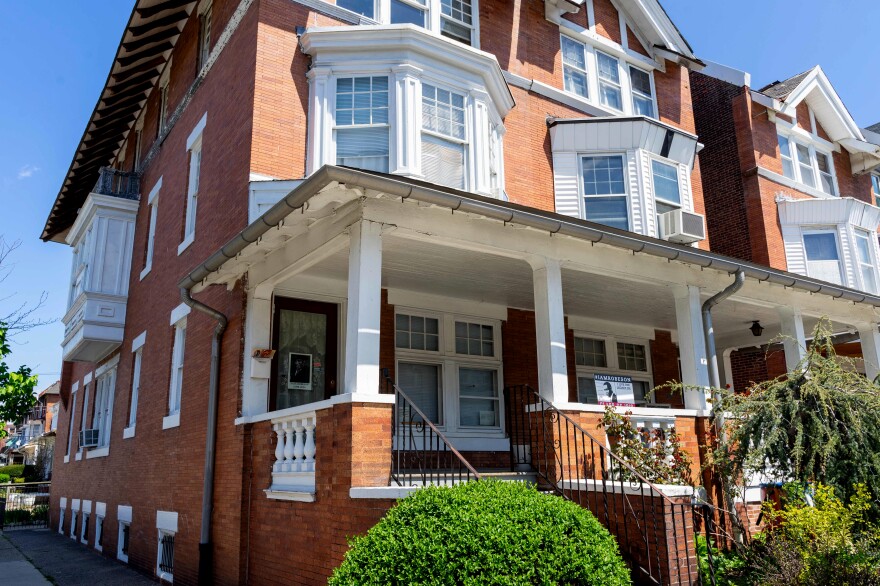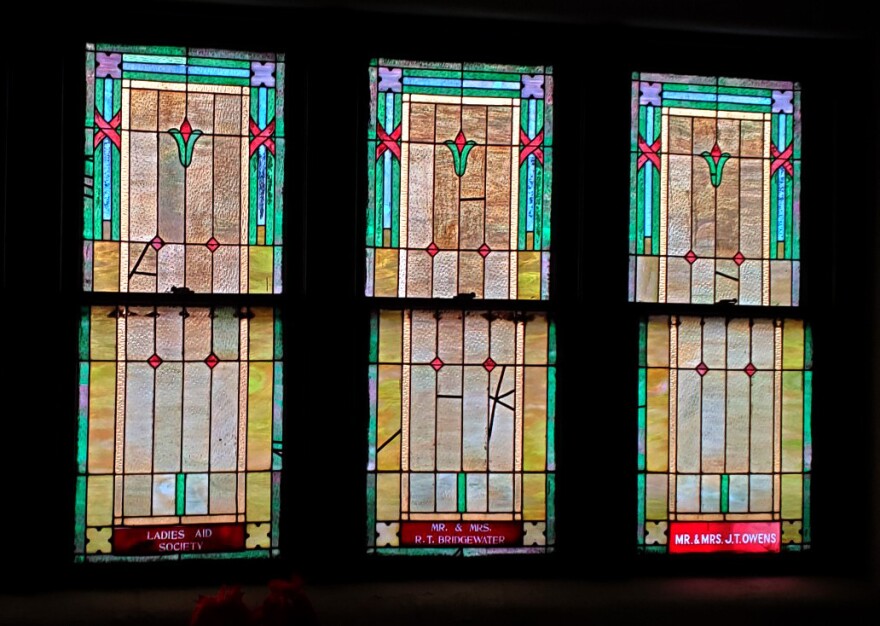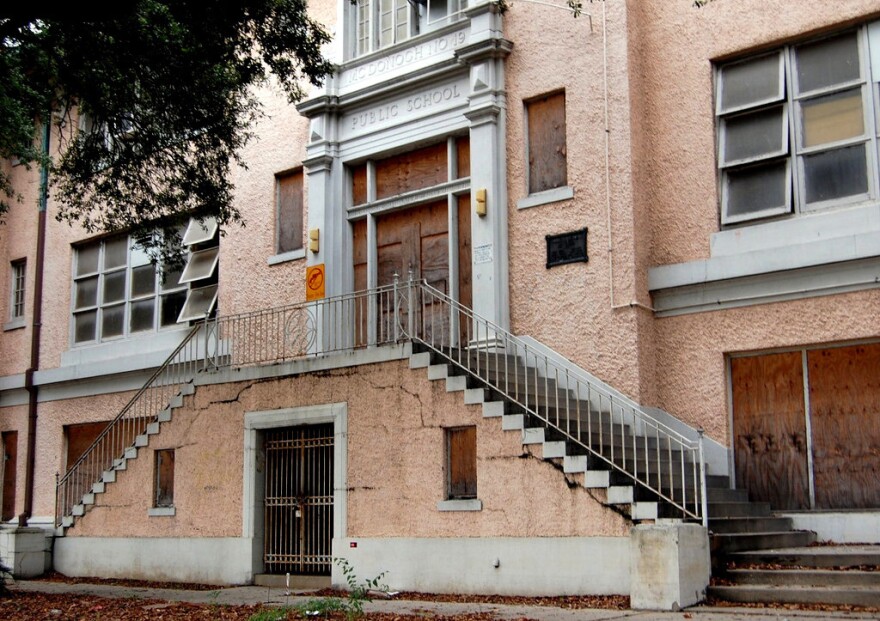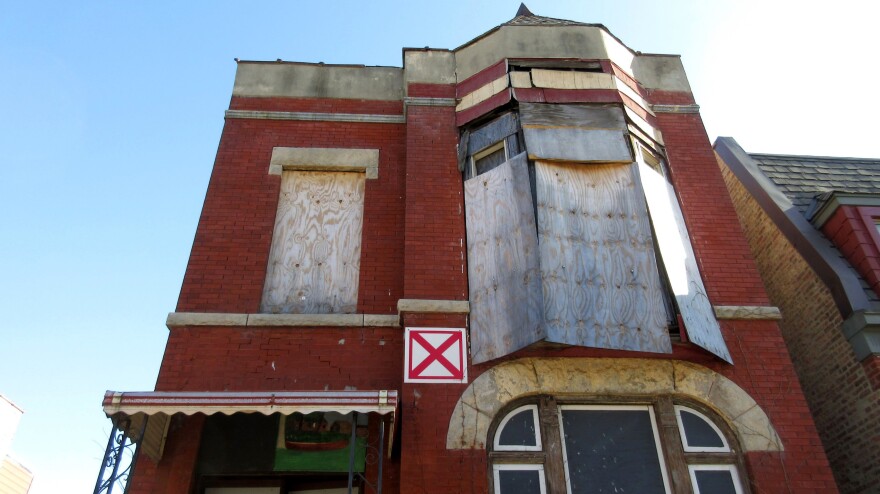In 1956, actor, singer and activist Paul Robeson said, "My father was a slave, and my people died to build this country and I am going to stay here and have a part of it just like you." Now, Robeson's home — the Paul Robeson House & Museum in Philadelphia — will receive a grant to help immortalize its part in the nation's story.
The Robeson house is one of 27 sites and organizations around the country receiving the award, announced Thursday by the National Historic Trust's African American Cultural Heritage Action Fund.

Amid the heated controversies around monuments that celebrate America's racist past, the Action Fund will help preserve sites and spaces that tell often overlooked stories that speak to American history "through the lens of Black humanity and identity," says executive director Brent Leggs.
"We created the Action Fund as a social movement to help empower communities," Leggs explains, but also to "showcase the contributions of African Americans to our nation's history."
Note: Several of the funders of the African American Cultural Heritage Action Fund are also NPR supporters, including Ford Foundation, The Andrew W. Mellon Foundation, William and Flora Hewlett Foundation, Doris Duke Charitable Foundation, John D. and Catherine T. MacArthur Foundation.

The more than two dozen recipients of the award include:
The grants, ranging from $50,000 to $150,000, will support a variety of preservation needs. In addition to restoration and rehabilitation, some grants will go toward hiring new staff and sponsoring conferences and workshops.
In New Orleans, The Leona Tate Foundation for Change will use its grant for projects that will interpret the experiences of the three little girls, including Tate, who integrated McDonogh #19, an elementary school in the Lower Ninth Ward in 1960. While African Americans cheered the first graders as they walked into the school escorted by their parents and federal marshals, white families removed their students from the school.

The Leona Tate Foundation will explore what happened to the girls "as they waited outside the Principal's Office all day while the rest of the students were removed," according to the Action Fund. The foundation also hopes to turn the building into "a space of reconciliation and healing."
Grants for this year's Action Fund totaled $1.6 million. Brent Leggs acknowledges that, when you're talking about often costly historic preservation projects, that's not much. He hopes Americans will be curious to learn the stories of these historic sites, see them as part of our collective history, and be inspired to donate to the Fund "so we can scale up our impact" in the future.
Copyright 2021 NPR. To see more, visit https://www.npr.org.




